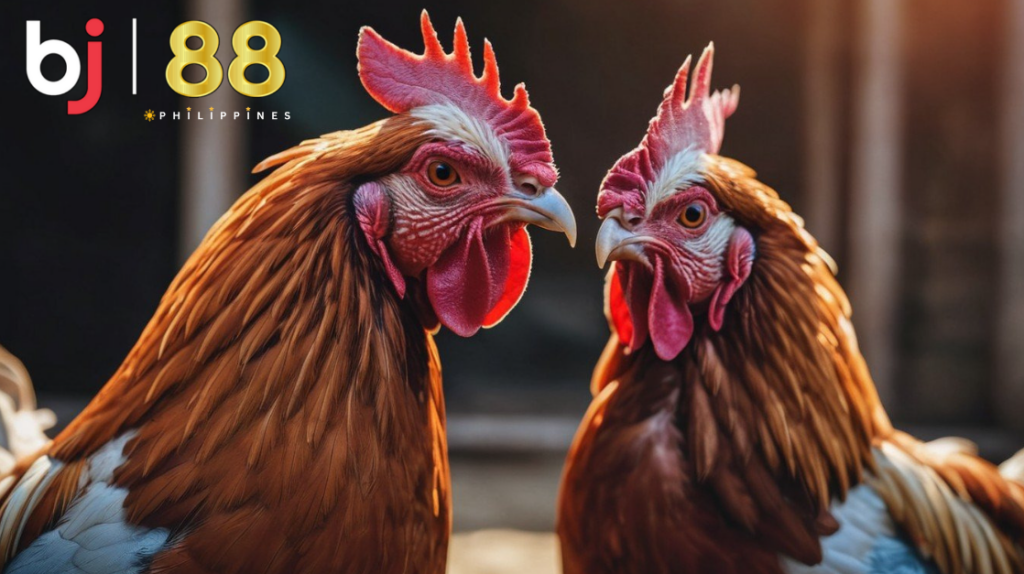In the dynamic world of sabong, where strategy, skill, and tradition collide, the question of fair pairings in derbies looms large. Amidst the myriad methods employed by organizers, the use of “ruweda” has sparked debate among enthusiasts. Dive into the controversy surrounding this age-old practice and explore whether it truly ensures fairness in sabong derbies.

Sabong, the beloved tradition of cockfighting, is steeped in history, culture, and a deep sense of camaraderie among enthusiasts. Central to the excitement of sabong derbies is the pairing of gamecocks, where breeders and trainers carefully select their champions to compete against worthy opponents. While various methods exist for determining pairings, the practice of “ruweda” has emerged as a topic of contention, raising questions about its fairness and efficacy in the world of sabong.
THE ROLE OF “RUWEDA” IN SABONG DERBIES
“Ruweda,” or wheeling, is a traditional method used in sabong derbies to determine pairings between gamecocks. Originating from centuries-old practices, ruweda involves placing numbered chips or markers representing each participating bird on a spinning wheel or board. As the wheel spins, pairs are randomly selected, ostensibly ensuring an unbiased and impartial allocation of opponents.
Tradition and Cultural Significance
Proponents of ruweda argue that the practice carries deep cultural significance within the sabong community, reflecting the spirit of fairness and impartiality that underpins the sport. Rooted in tradition and heritage, ruweda is seen as a time-honored method of pairings that respects the integrity of sabong derbies and upholds the principles of sportsmanship.
Ensuring Randomization
Central to the rationale behind ruweda is its purported ability to ensure randomization in pairings, thereby minimizing the potential for bias or favoritism. By allowing chance to dictate matchups, ruweda theoretically levels the playing field, giving every participant an equal opportunity to face opponents of varying skill levels and capabilities.
CRITICISMS OF “RUWEDA” IN SABONG DERBIES
Despite its longstanding tradition and cultural significance, ruweda has faced criticism from skeptics who question its fairness and reliability as a method of pairings in sabong derbies. Skeptics raise concerns about the potential for manipulation, lack of transparency, and unintended biases that may arise from the use of ruweda.
Potential for Manipulation
One of the primary criticisms leveled against ruweda is its susceptibility to manipulation or tampering by unscrupulous individuals seeking to gain an unfair advantage. Critics argue that the spinning wheel or board used in ruweda may be rigged or manipulated to influence pairings in favor of certain participants, undermining the integrity of the derby.
Lack of Transparency
Another concern surrounding ruweda is the perceived lack of transparency in the pairing process. Unlike more transparent methods such as drawing lots or random number generation, ruweda relies on a spinning wheel or board that may obscure the selection process, leaving participants and spectators in the dark about the fairness of pairings.
Conclusion:
In the complex landscape of sabong derbies, the question of fair pairings remains a subject of ongoing debate and discussion. While the practice of ruweda carries deep cultural significance and reflects the spirit of impartiality within the sabong community, it is not without its criticisms and skeptics. As sabong enthusiasts continue to seek fairness and transparency in the pairing process, the debate over the efficacy of ruweda is likely to persist, shaping the future of cockfighting traditions for generations to come.
